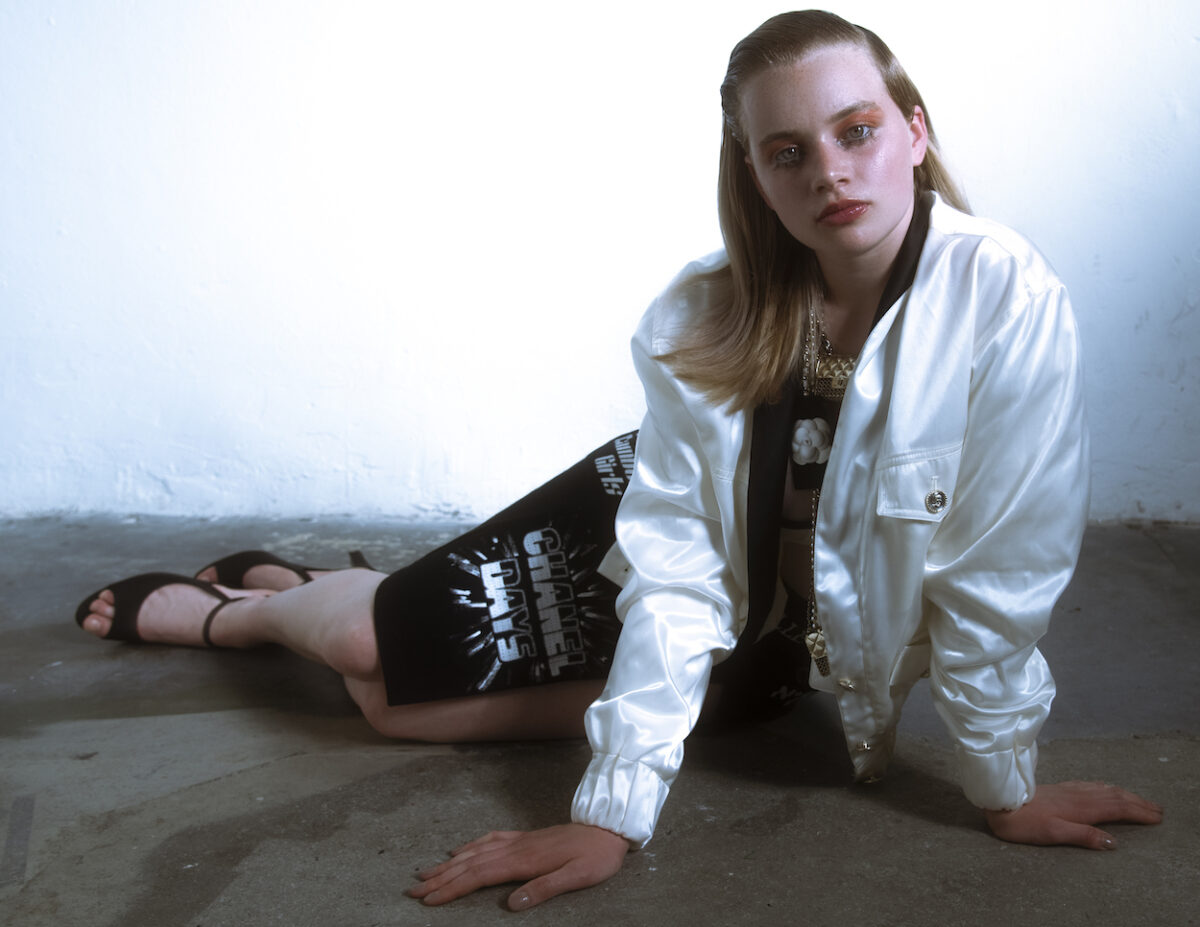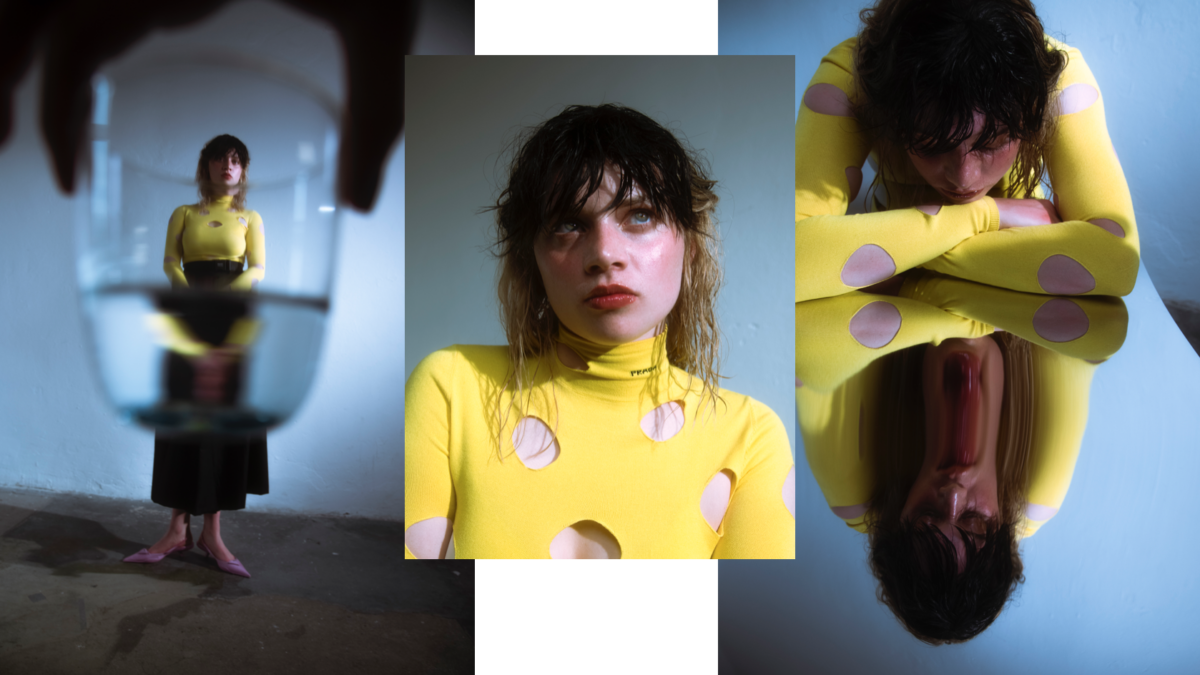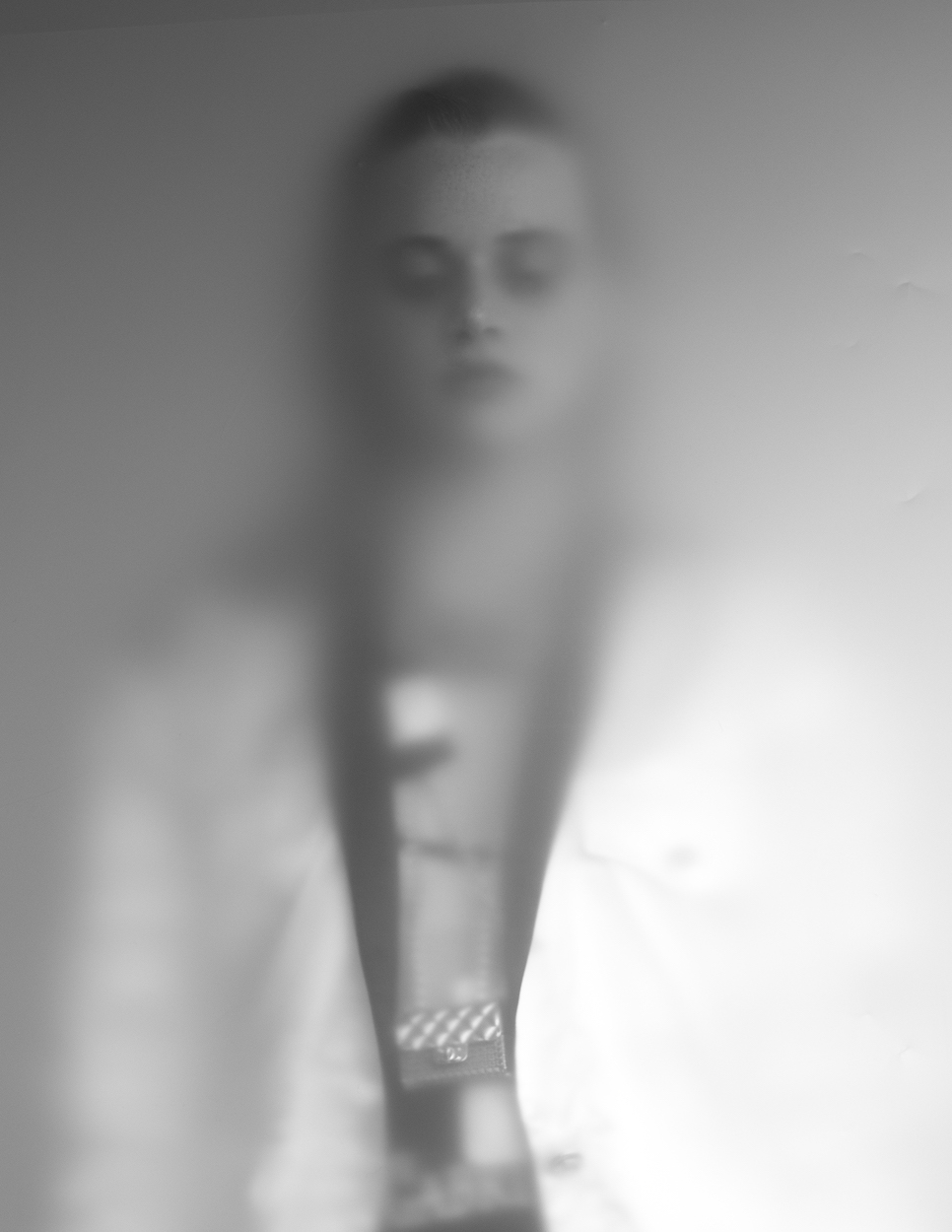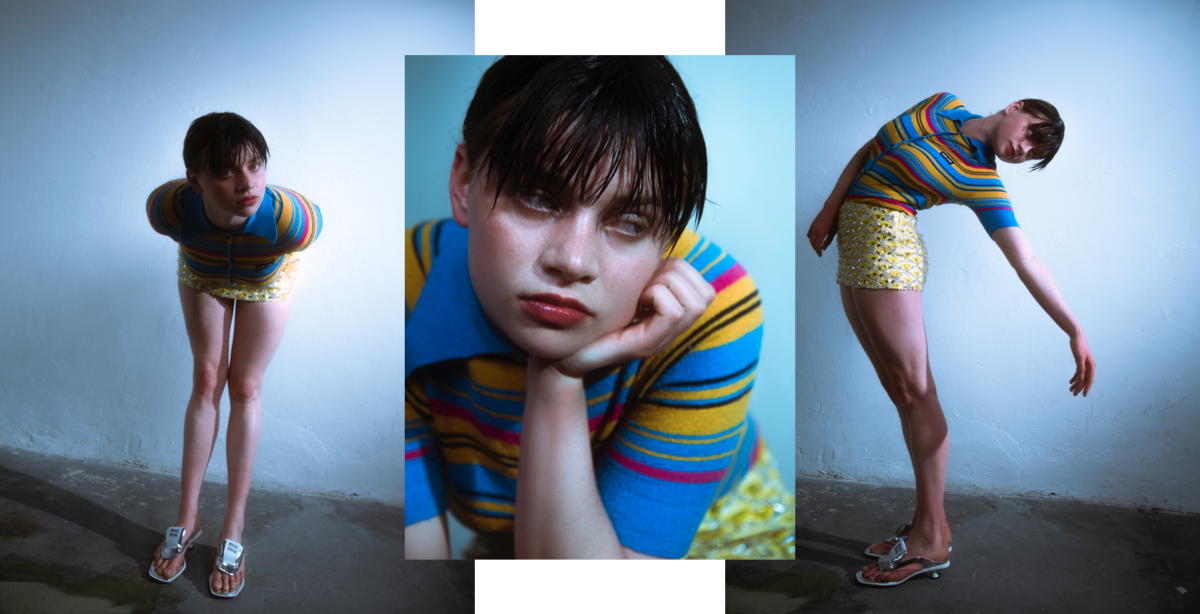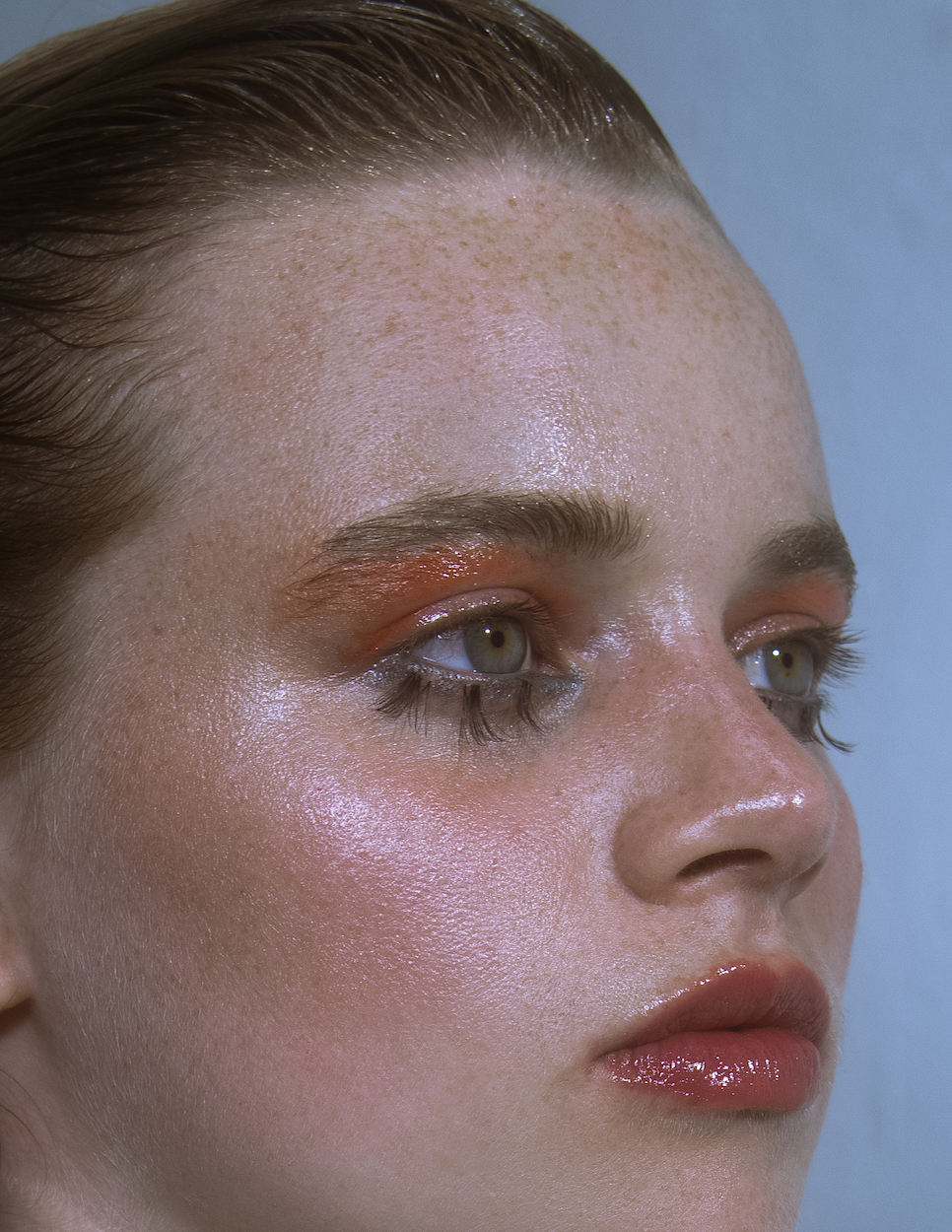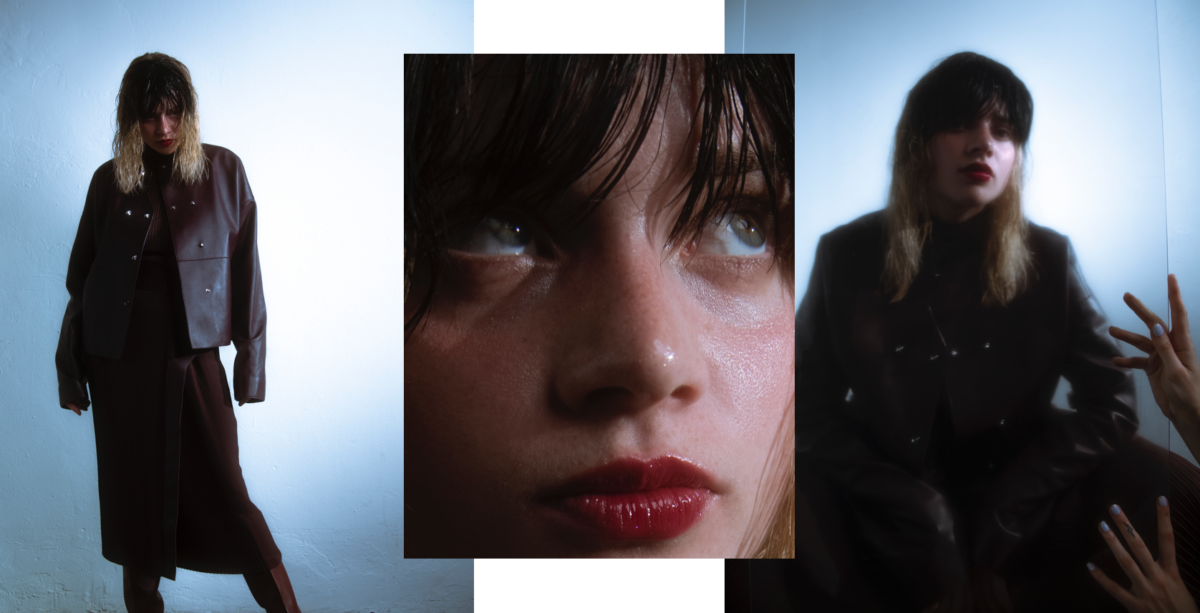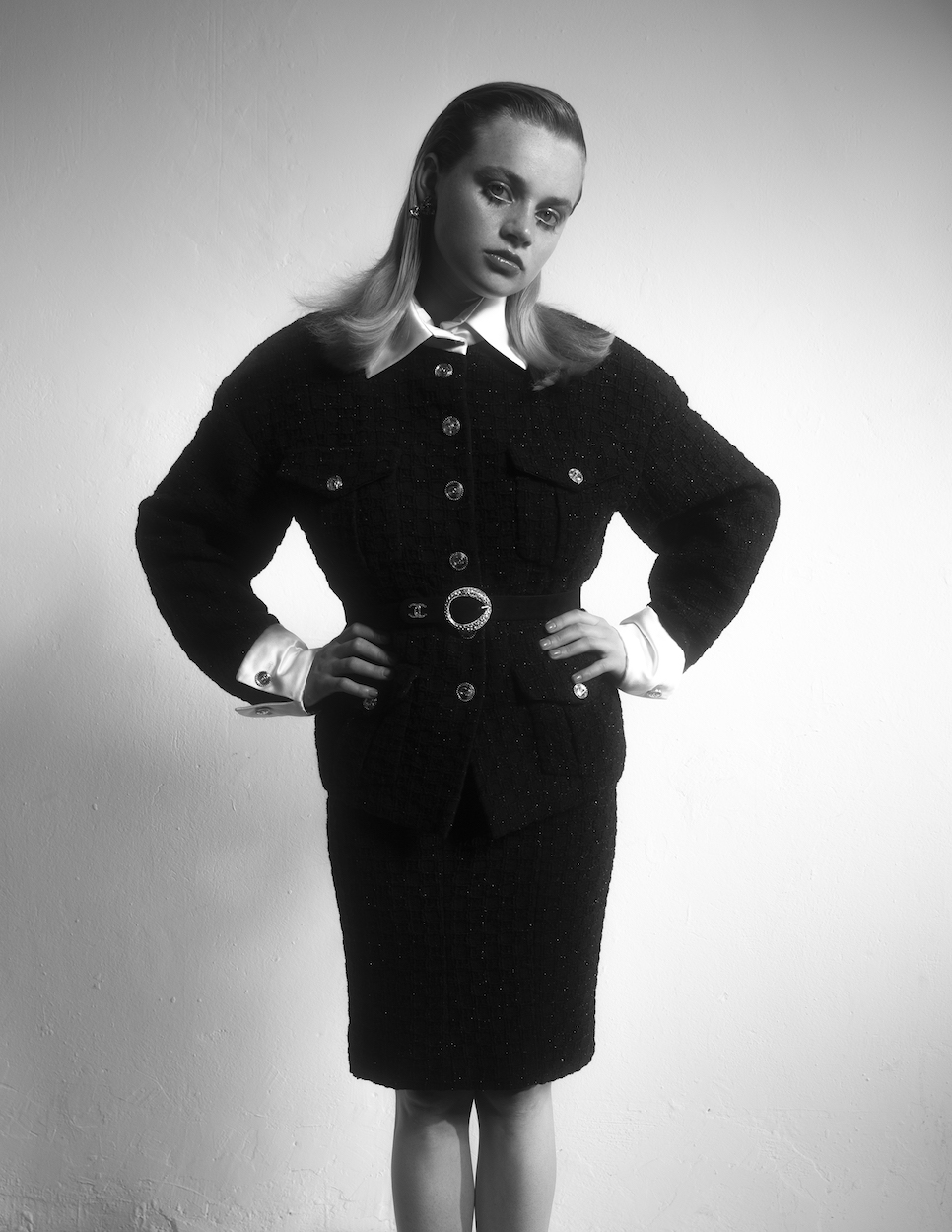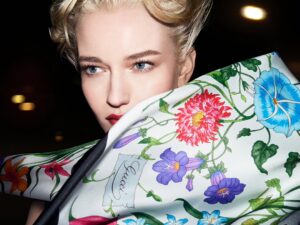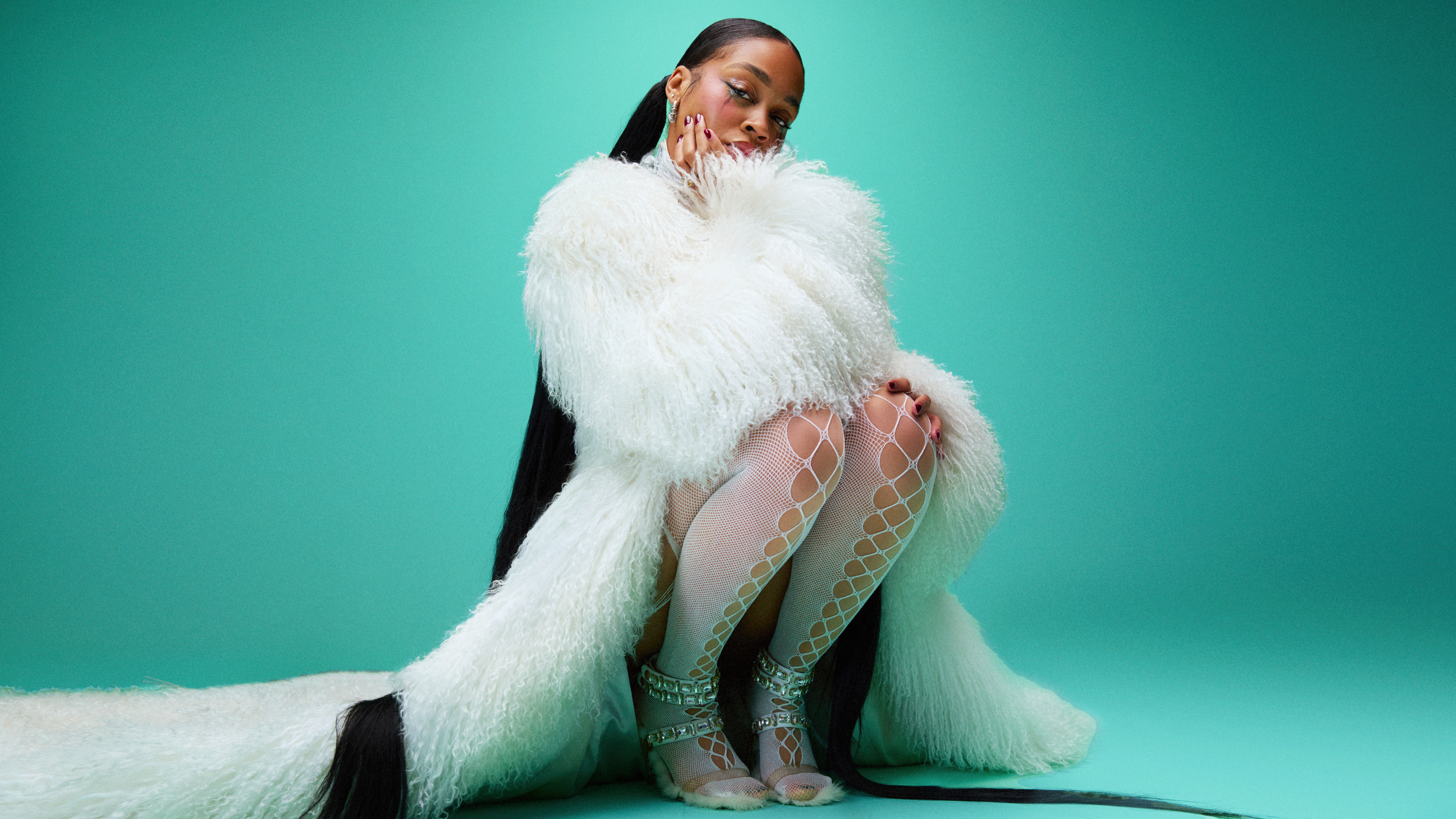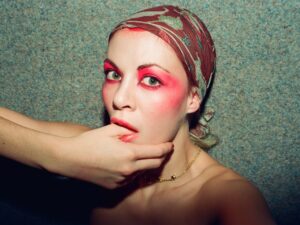“Many have no idea that all of this is happening. Many also simply don’t want to admit it. But it’s just happening today. Right here. Right now and that’s frightening.”
Berlin. In the here and now. A family hit by terror and a young woman right in the middle. “Je suis Karl” is about a group of young people who, driven by anger, fear and frustration, come together to form a radical association in order to finally force a change. Maxi (played by Luna Wedler) gets in her own vortex of anger, sadness and her search for answers to Karl (played by Jannis Niewöhner), the leader of this so-called “ReGeneration”, who seems to have already found them.
Fräulein had the chance to have a talk with leading actress Luna Wedler about the movie, the right resistance and how close the plot of “Je suis Karl” is touching our reality. “Je suis Karl” is out in cinemas now, 16th of September.
